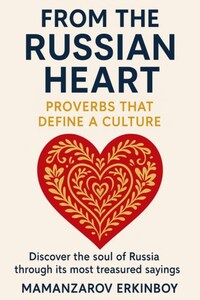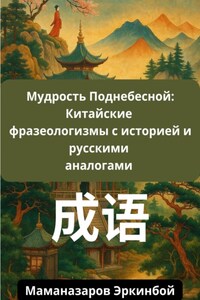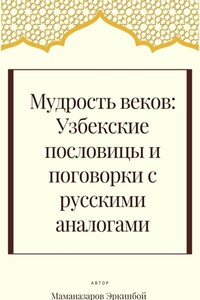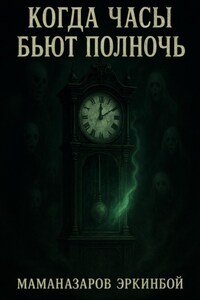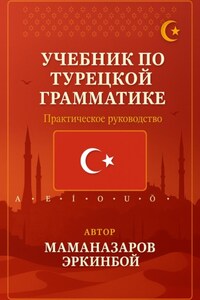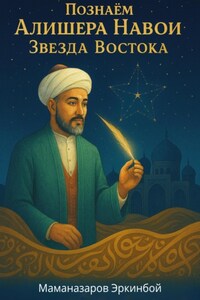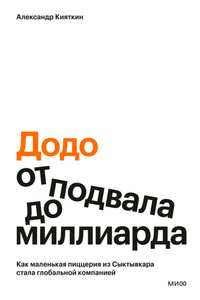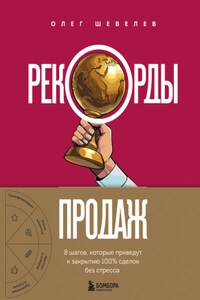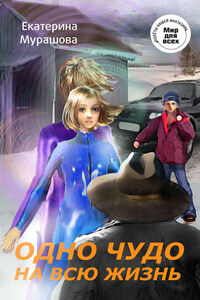Introduction: The Soul of a Nation in Its Sayings
In the vast expanse of the Russian landscape, from the golden wheat fields of the south to the frozen tundra of Siberia, one thing has remained constant throughout centuries of change: the wisdom embedded in Russian proverbs. These brief, powerful sayings—known as пословицы (poslovitsy)—are far more than quaint folk expressions. They are the distilled essence of Russian experience, the cultural DNA that has shaped how Russians think, feel, and understand the world around them.
What Are Russian Proverbs?
Russian proverbs are short, memorable statements that express universal truths through the lens of Russian experience. Unlike simple idioms or colorful expressions, proverbs carry moral weight and practical wisdom. They serve as a collective memory bank, preserving the accumulated knowledge of generations who faced harsh winters, political upheavals, economic hardships, and the eternal human struggles of love, work, and survival.
Each proverb is a compressed story, containing within its few words the wisdom of countless experiences. When a Russian grandmother tells her grandson "Утро вечера мудренее" (Morning is wiser than evening), she's not just suggesting he sleep on a decision—she's passing down centuries of understanding about human nature, the value of reflection, and the clarity that comes with rest.
The Historical Journey of Russian Proverbs
Russian proverbs have their roots in the earliest Slavic traditions, long before the formation of the Russian state. In pre-literate societies, these sayings served as portable libraries, carrying essential knowledge from generation to generation. They were the textbooks of everyday life, teaching everything from agricultural wisdom to social behavior.
During the medieval period, Russian proverbs absorbed influences from Byzantine Christianity, adding moral and spiritual dimensions to practical folk wisdom. The Orthodox faith didn't replace these ancient sayings but instead blended with them, creating a unique synthesis of earthly pragmatism and spiritual insight.
The 18th and 19th centuries saw the first systematic collection of Russian proverbs. Scholars like Vladimir Dal gathered thousands of these sayings, recognizing them as vital components of Russian culture. Writers such as Alexander Pushkin and Leo Tolstoy incorporated proverbs into their works, understanding that these folk expressions captured something essential about the Russian character that formal literature alone could not convey.
The Soviet era brought both challenges and reinforcement to proverbial wisdom. While some traditional sayings were discouraged as "backwards," others were embraced and new ones emerged that reflected socialist values. Proverbs about work, collective effort, and perseverance found new relevance in an industrializing nation.
Why Russian Proverbs Matter Today
In our globalized world, Russian proverbs offer something increasingly rare: deep cultural authenticity. They provide windows into a worldview shaped by unique historical experiences—the vastness of Russian geography, the harshness of its climate, the complexity of its social structures, and the resilience of its people.
For language learners, understanding Russian proverbs is crucial for true cultural fluency. You might master Russian grammar and vocabulary, but without grasping these fundamental expressions of Russian thought, you'll miss the deeper currents of conversation and the subtle ways Russians communicate values, expectations, and worldviews.
For anyone interested in Russian culture—whether through literature, business, diplomacy, or simple curiosity—proverbs provide essential context. They explain why Russians value patience and endurance, why they prioritize relationships over efficiency, why they approach time differently than Western cultures, and why they maintain such strong connections to homeland and family.
